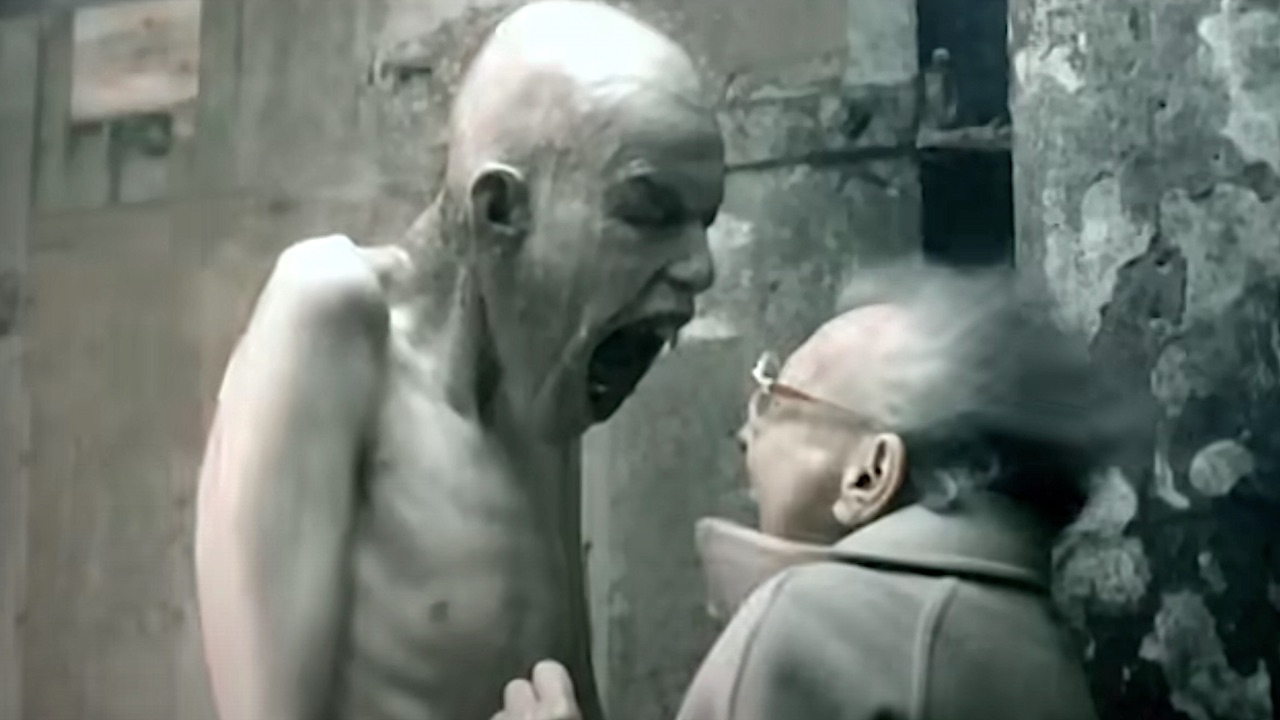
Founded in Sheffield by the trio of Robert Gordon, Steve Beckett and Rob Mitchell back in 1989’s second 'Summer of Love', Warp Records has been one of electronic music’s most consistently brilliant labels. From its association with the bleep techno of the late '80’s and early '90s, all the way up to their continual championing of boundary pushing ambient, glitch-hop, alternative rap and more in the modern era, Warp have spent over three decades unearthing some of the most singular and idiosyncratic artists in popular culture.
Here are five releases that illustrate the evolution of the label.

Various Artists – Artificial Intelligence (1992)
Although it seems that every single artist who has been labelled with it appears to despise the term IDM (intelligent dance music), it was clear that, however you chose to characterise it, Warp’s Artificial Intelligence compilation definitely showcased something new in electronic music. Suddenly a genre that was blowing up through big beats and euphoria, now showcased the likes of Autechre, Speedy J , Aphex Twin (as The Dice Man), and more, artists who shaped and morphed into morphed electronic music into more unusual, disorientating and fractured sounds, updating the work of Brian Eno and Kraftwerk for the rave generation. It may have spawned a despised genre terminology, but as shorthand for artists attempting to re-structure the form, it certainly encapsulates an exciting, burgeoning movement.
Aphex Twin – Come to Daddy (1997)
It may seem a little reductive to stick what its creator called a “crappy death metal jingle” as Aphex Twin’s entry into this list. 1996’s Ricard D. James Album is certainly a superior release (and his Selected Ambient Works 85-92 would certainly be here were it released on Warp) but Come to Daddy marks that rarest of things; a legitimate mainstream crossover hit from the IDM world. Although there are a variety of remixes of the song, all bearing no obvious connection to each other, the Pappy mix of the song became infamous as one of the most terrifying release, thanks to both the song's screaming vocal and punishing drum and bass, and the hugely unsettling Chris Cunningham music video. For many people this was their introduction to Aphex Twin, and by extension this iteration of electronic music, so for that reason alone, it needs to be included here.
Autechre – LP5 (1998)
Part of the Greater Manchester acid house scene in the late '80s, Autechre, the duo of Sean Booth and Robert Brown, were in the process of evolving their music after a decade of creating together when 1998’s superb LP5 arrived. For many, this is the moment where Autechre truly hit on a unique formula. The more straightforward and accessible sound of their early years was yet to be completely extinguished, as it would be by 2003’s fantastically harsh Draft 7.30 album, but the levels of wilful, rhythmic chaos mixed with gorgeous floating ambient soundscapes the pair create on songs like 777 and Corc felt like a genuine upping of the ante for both the duo and the genre.
Boards of Canada – Geogaddi (2002)
Regularly and deservedly namechecked as one of the finest electronic albums ever made, the Scottish duo of Marcus Eion and Michael Sanderson raised the bar for electronic music with their second album, producing one of the darkest, most complex and most immersive listens in living memory. Conceived against the backdrop of the 9/11 terrorist attacks on New York, and Warp founder Rob Mitchell’s passing from cancer a month later, the duo created an often disturbingly downbeat, yet melodically seductive, 66-minute piece of hypnotic, psychedelic electro. Deliberately open to interpretation and filled with seemingly endless easter eggs, Geogaddi is a record of such depth that, decades later, it continues to give the listener something new with every play.
Danny Brown – Atrocity Exhibition (2016)
As the years have progressed, Warp has broadened its remit, branching out into a variety of different genres, but, whatever the sound, that explorative, restless creative spirit evident in their earliest releases has remained key to the signings they make. Nothing epitomises this more than their first album release by Detroit rapper Danny Brown; 2016’s Atrocity Exhibition. Brown was always a skilled MC and instantly recognisable voice, but his fourth album, inspired by the Joy Division song and the J.G. Ballard novel of the same name, is truly a modern classic. Using broken, disorientating beats, harsh, white noise soundscapes and some unflinchingly honest and personal lyrical flows, Brown deconstructs his inner turmoil in a way that is both magnificently captivating and incredibly difficult to listen to.







